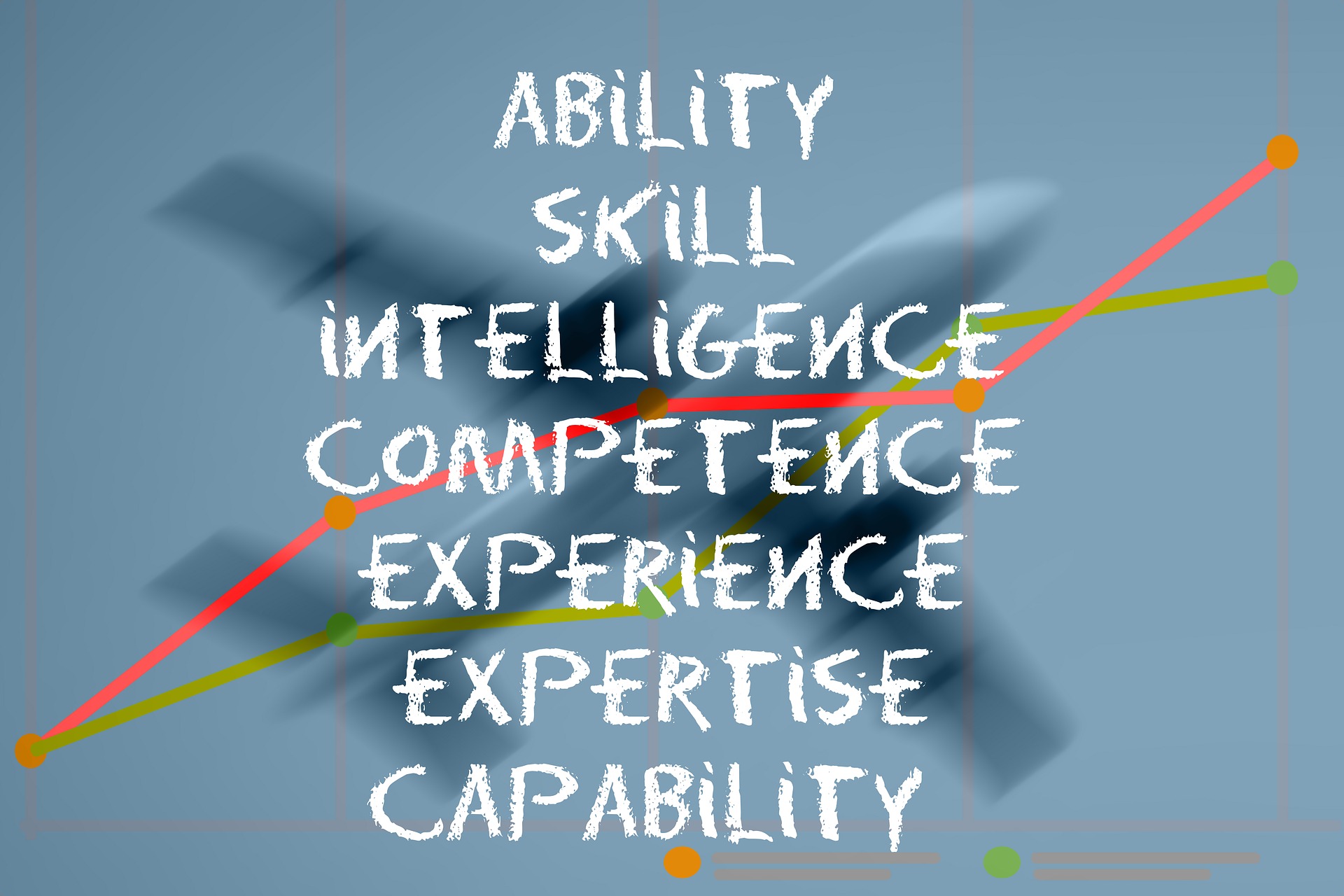Firm performance
News & Insights related to Firm performance

Improving performance by developing competence of IT staff
The competence of IT staff is shown to positively affect strategic alignment and organizational agility. Investing in IT assets and competence is therefore important, but also involves risk of producing rigidity.

Improving the value of strategic IS research for practitioners
Many information systems scholars address issues that are of high practitioner concern, and results from collective research efforts can provide meaningful advice to practitioners in areas of high strategic importance. This requires effective exchange of relevant knowledge between researchers and practitioners.
Information systems strategy
Business – IT alignment
Digital transformation
Digital leadership
Article reviews related to Firm performance
How to improve firm performance using big data analytics capability and business strategy alignment?
Shahriar Akter. Samuel Fosso Wamba. Angappa Gunasekaran. Rameshwar Dubey. Stephen J. Childe. (2016), International Journal of Production Economics , 182 , 113-131.
This study aims to examine the role of big data analytics capability (BDAC) for firm performance. It identifies important dimensions of BDAC and emphasizes the complementarities between them for improved performance and sustained competitive advantage.
IT competence Business – IT alignment Data & Business analytics
Information technology competencies, organizational agility, and firm performance: Enabling and facilitating roles
Anindita Chakravarty. Rajdeep Grewal. Vallabh Sambamurthy. (2013), Information Systems Research , 24 (4) , 976-997.
This article investigates the relationship between IT competencies and two types of organizational agility (adaptive and entrepreneurial). It shows that the impact of IT competencies depends on the level of environmental dynamism. The empirical context of the study is business-to-business electronic marketplaces.
Organizational agility IT competence
Enabling firm performance through business intelligence and analytics: A dynamic capabilities perspective
Russell Torres. Anna Sidorova. Mary C. Jones. (2018), Information & Management , 55 (7) , 822-839.
This study examines the relationship between firm performance and business intelligence and analytics (BI&A), which is defined as a variety of organizational information practices that rely on the use of information technologies and involve the application of analytical techniques.
IT competence Data & Business analytics Organizational agility
How information technology governance mechanisms and strategic alignment influence organizational performance: Insights from a matched survey of business and IT managers
Shelly Ping-Ju Wu. Detmar W. Straub. Ting-Peng Liang. (2015), Management Information Systems Quarterly , 39 (2) , 497-518.
This study investigates how organizational value is created through IT governance mechanisms and business-IT strategic alignment. It shows that IT governance can facilitate alignment between IT strategy and business strategy, and thereby lead to performance improvements.
Information systems strategy Business – IT alignment Digital leadership
IT assets, organizational capabilities, and firm performance: How resource allocations and organizational differences explain performance variation
Sinan Aral. Peter Weill. (2007), Organization Science , 18 (5) , 749-883.
The study seeks to explain firm level variations in the returns to IT investments and investigates how IT investment allocations and IT capabilities influence performance.
Information systems strategy IT competence
How information technology strategy and investments influence firm performance: Conjecture and empirical evidence
Sunil Mithas. Roland T. Rust. (2016), Management Information Systems Quarterly , 40 (1) , 223-245.
This article investigates how IT strategy and IT investments influence profitability and the market value of the firm. IT strategy refers to the dominant strategic objective that the firm emphasizes, which can be revenue expansion, cost reduction, or a dual emphasis in which both goals are pursued.
Information systems strategy
Improving strategic flexibility with information technologies: Insights for firm performance in an emerging economy
Yang Chen. Yi Wang. Saggi Nevo. Jose Benitez. Gang Kou. (2017), Journal of Information Technology , 32 (1) , 10-25.
This study focuses on the business value of IT and explores how IT-enabled core competencies can enhance strategic flexibility of firms.
IT competence Organizational agility
Tags